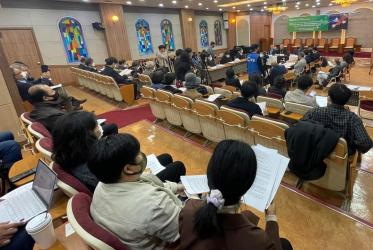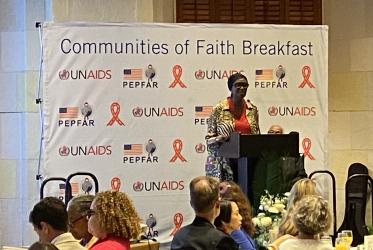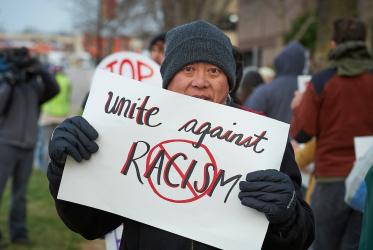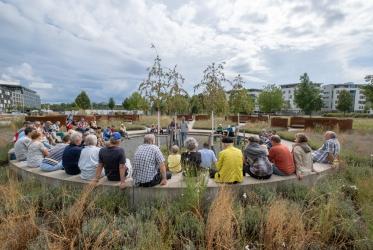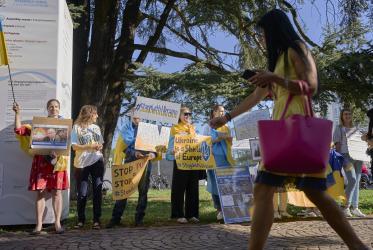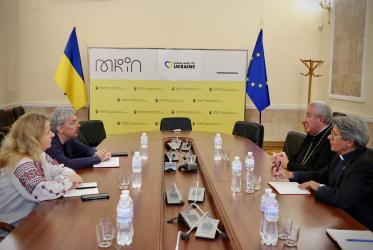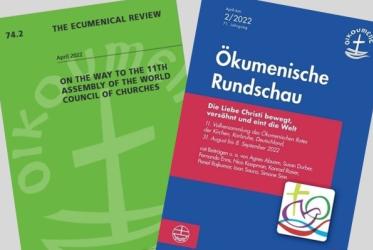Displaying 121 - 140 of 833
Applications open for upcoming Young Adults Training for Religious Amity
15 September 2022
Workshop explores how interreligious dialogue brings trust and respect
15 September 2022
WCC releases minute on consequences of the 2020 Nagorno-Karabakh war
08 September 2022
Seek Peace and Pursue It: PJP Series 4
Reflections on the Pilgrimage of Justice and Peace in Europe
22 August 2022
Towards an Ecumenical Theology of Companionship: PJP Series 3
A Study Document for the Ecumenical Pilgrimage of Justice and Peace
19 August 2022
